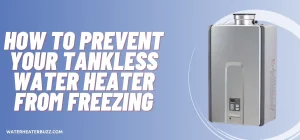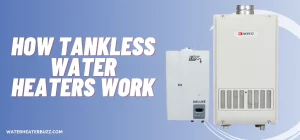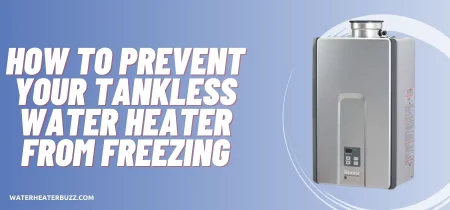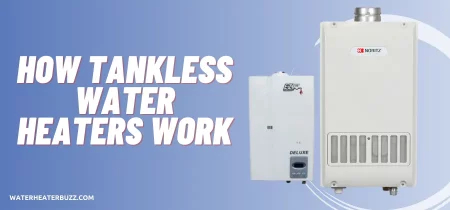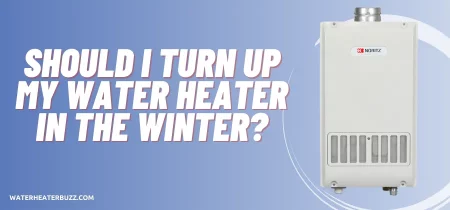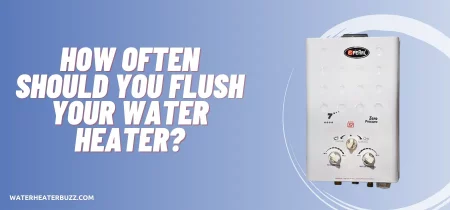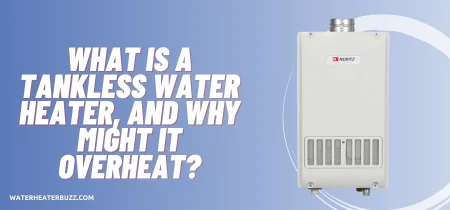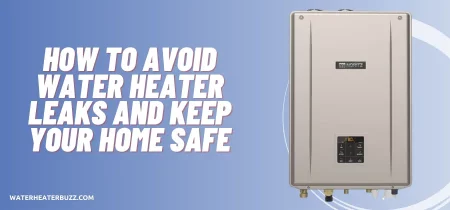The article starts by comparing traditional water heaters to tankless water heaters. It continues to detail each heating method and the benefits you would get from it. The article wraps up by listing a few tips on how to avoid leaks and keep your home safe.
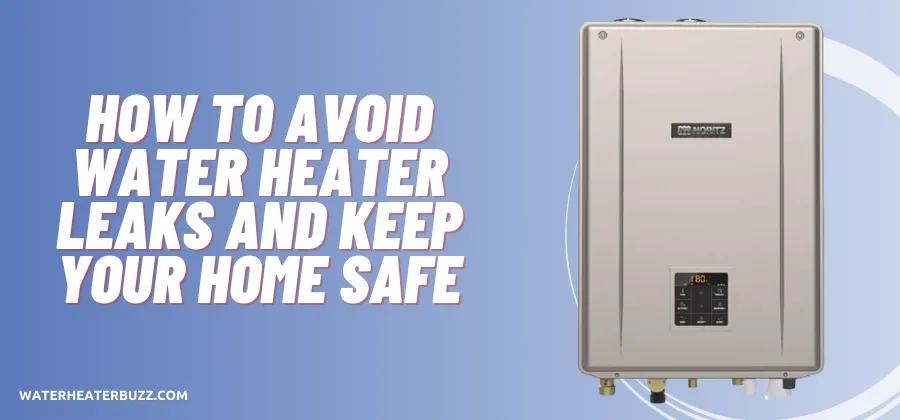
What is a Tankless Water Heater?
A tankless water heater is a great choice for those who want to save money on their water heating bill. A tankless water heater heats water as needed, eliminating waiting for a hot water pipe to become available before using it.
Tankless water heaters are also more reliable since they don’t have any moving parts that can wear out over time.
How do Tankless Water Heaters Work?
Tankless water heaters are becoming more popular as they are more affordable and efficient. They work by using a small tank of hot water that is constantly fed from a water heater in the home.
When the hot water tank is empty, the heater turns off until it is refilled. This means there is no need to run down the hallway to turn on a switch or wait for a timer!
The downside to tankless water heaters is that they can be more expensive to maintain than traditional water heaters.
They also require regular maintenance, such as checking leaks and cleaning the filter. If your tankless water heater does not have a filter, make sure you replace it every 3-6 months.
Overall, tankless water heaters are an efficient option for those looking for an alternative to their traditional water heater. Just be sure to keep it maintained and avoid any leaks!
How to Reduce the Risk of a Tankless Water Heater Leak
You can do a few things to reduce the risk of a tankless water heater leak.
First, make sure the water heater is properly installed and sealed. Ensure the water line fitting is tight and there is no debris or corrosion around the connection point.
Second, always use caution when filling or refilling the tank. Use a bucket or pan large enough to catch any leaks, and be sure to fill it only to the top of the valve. Never overfill the tank, as this could cause a leak.
Third, keep an eye on your water heater during hot weather. If it starts producing lots of heat but no water, the system may leak.
Warning Signs of a Tankless Water Heater Leak
If you’re noticing any of the following signs that your water heater may be leaking, it’s time to take action:
- Water is coming out of your water heater in large quantities
- Water is coming out of your water heater in small quantities
- Your water heater is making unusual noises
- Steam or gas is coming out of your water heater
- You smell gas or burning plastic
If you notice any of these signs, it’s important to call a professional and schedule an inspection. Tankless water heaters are a newer technology; as such, they may have some defective parts that can cause leaks.
By calling a professional early on, you can prevent a bigger problem and keep your home safe.
Signs You Need To Call for Help
If you think you may have a water heater leak, there are some things you can do to determine if you need to call for help. You can try these simple tests yourself:
- Check the water pressure in your home – If there is low water pressure, it could indicate a leak.
- See if water is coming out of the vents – If water is coming out of the vents, it could mean that your water heater has leaked and is now flooding your home.
- Listen for unusual noises – If you notice any strange noises coming from your water heater, it could signal that it’s leaking and needs to be fixed as soon as possible.
If these signs are present, you should call a professional to inspect your home and diagnose the problem.
Conclusion
You can do a few easy things to avoid water heater leaks and keep your home safe. Ensure your water heater is in good working condition by checking for leaks, rusting, and other signs of wear. If there are any problems, replace the water heater.
If you have a forced air furnace, ensure the registers and ductwork are properly sealed to prevent air from leaking. If there is a leak, the cold air can cause pipes to freeze and eventually burst.
Finally, insulate your pipes if they go through exterior walls or ceilings. This will help keep heat inside your home and cool air out in the summer.

